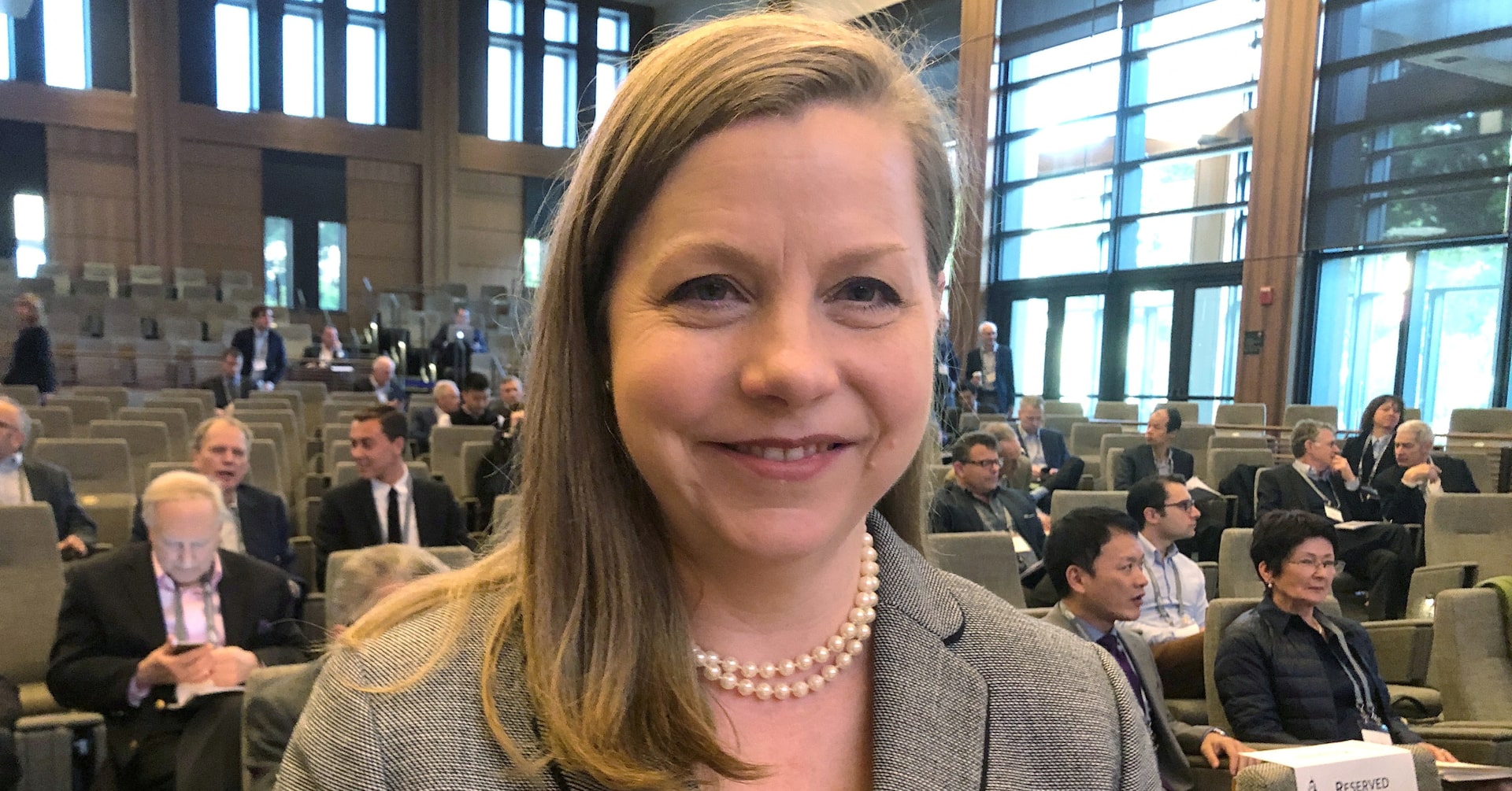WASHINGTON, March 17 (Reuters) – U.S. President Donald Trump nominated Federal Reserve Governor Michelle Bowman to serve as the central bank’s vice chair for supervision, a position where she is expected to oversee a relaxed agenda of rule-writing and bank oversight. Bowman, a former community banker and frequent critic of stringent bank regulation, will replace Michael Barr, who resigned from the supervision post at the end of February to avoid a potential legal dispute with the Trump administration. Trump, who took office on January 20, wrote on social media, “Our economy has been mismanaged for the past four years, and it is time for a change. Miki has the ‘know-how’ to get it done. I am confident we will achieve economic heights never before seen in our nation’s history.” In a statement, Bowman thanked Trump for the nomination and expressed her intention to pursue “a pragmatic approach to supervision and regulation with a transparent and tailored bank regulatory framework that encourages innovation.” If confirmed, Bowman would be responsible for the Fed’s extensive bank regulatory portfolio, including supervising and writing rules for many of the nation’s largest banks. Her nomination was quickly praised by the banking industry and congressional Republicans, who highlighted her efforts to resist tougher industry rules. Rob Nichols, head of the American Bankers Association, stated, “Since joining the Fed, Governor Bowman has been a thoughtful, principled voice for sensible regulatory and monetary policy and someone who understands the important role that banks of all sizes play in our financial system and our economy.” Bowman was widely viewed as a frontrunner to fill the role, partly because the Fed’s board is currently full, necessitating a replacement from existing governors. Despite limited experience with global banks, Bowman would become one of the top bank regulators in the U.S. government and globally, as the Fed oversees the nation’s largest and most complex lenders. A former Kansas banking regulator, Bowman has served on the Fed board since 2018 when Trump nominated her to fill a post specifically reserved for an official with community banking experience. She is expected to have a much lighter regulatory touch than Barr, whose rulemaking projects she has criticized in multiple speeches over the past 18 months. Bowman voted against Barr’s proposal to implement the so-called “Basel III Endgame” rule, which would overhaul how big banks gauge their risks, requiring them to hold significantly more capital. She has argued that the capital burden should be reduced. Partly spurred by Bowman’s criticism, large banks lobbied hard to water down the Basel rule, which has since stalled due to disagreements among regulatory officials on the best path forward. Bowman has also suggested the Fed should consider making its annual big bank “stress tests” more transparent and predictable for lenders. The Fed recently announced plans to make several significant changes to the stress tests going forward, and large banks have sued to challenge their legality. Before joining the Fed, Bowman served as the state bank commissioner of Kansas for a year and a half and spent several years as vice president of Farmers & Drovers Bank, a Kansas community bank. Early in her career, she worked as a congressional staffer and held roles in the Federal Emergency Management Agency and the Department of Homeland Security. — news from Reuters
